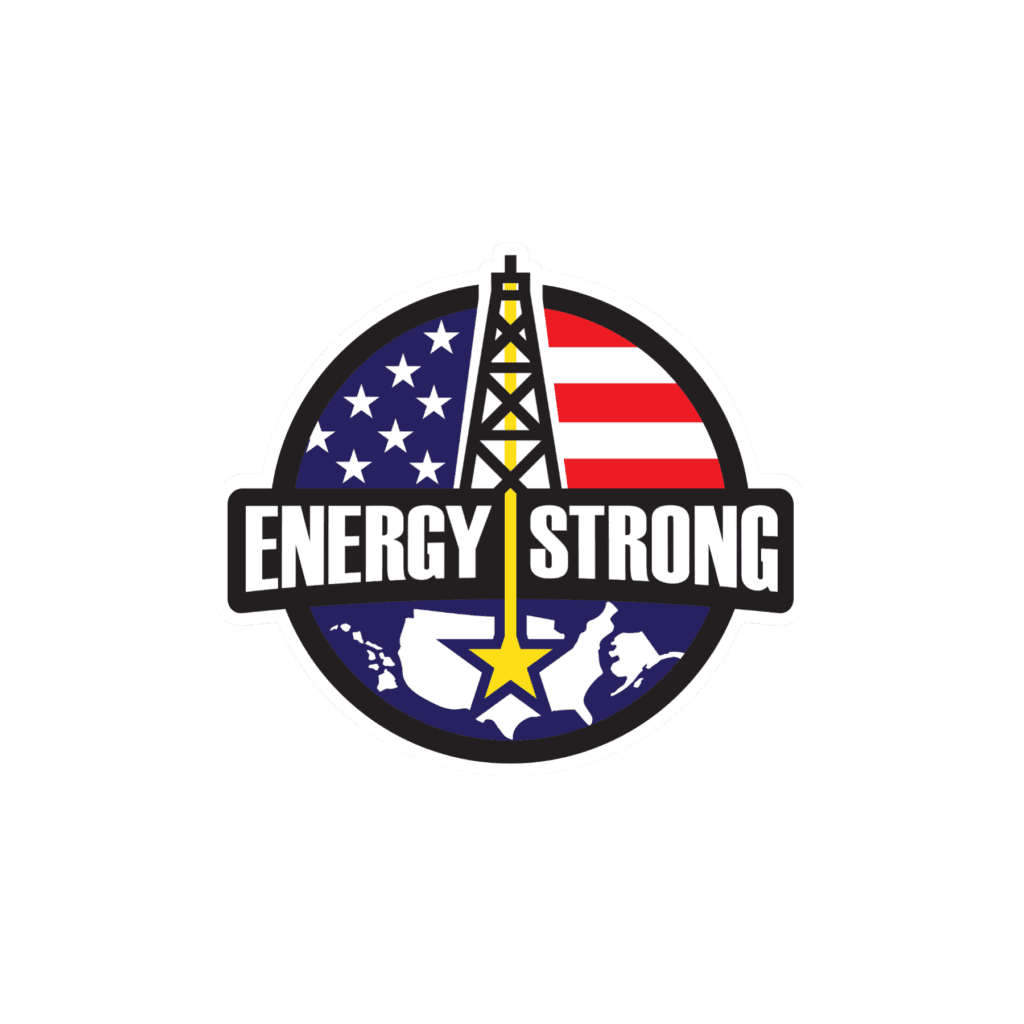Libertarian Javier Milei swept to victory in Argentina’s presidential elections last month promising drastic change and a radically new way of doing business in the country.
The 53-year-old outsider has since promised to privatize state oil and natural gas firm YPF SA. “Everything that can be placed into the hands of the private sector, will be in the hands of the private sector,” he said.
He also tapped Vaca Muerta veteran Horacio Marín to head the national oil company. Vaca Muerta is one of the largest shale oil and natural gas plays in the world.
Wood Mackenzie analyst Adrian Lara said that Milei and his advisors “are signaling the importance the oil and gas sector has in their plans for the overall Argentinian economy, however, their success in deregulating the sector and attracting more investment is still predicated on an effective and timely correction of the macroeconomic imbalances of the country.”
The self-proclaimed “anarcho-capitalist” has vowed to dollarize the country and “blow up” the central bank. Milei says it is the only way to tackle the nation’s economic woes. Annual inflation is around 150%, more than 40% of Argentines live in poverty, and the local currency, the peso, is one of the worst performing in the world.
Natural Gas Key
Natural gas production keeps rising in Argentina and was also a cornerstone of the energy policy of the outgoing government of Alberto Fernández. Milei has backed the development of Vaca Muerta.
Natural gas production was 143 million cubic meters/day in September, compared to 136 MMcm/d in the same month last year, according to the Energy Secretariat. Production from Vaca Muerta was up 24% year/year in September. It now accounts for over 40% of natural gas production in the country.
Officials in Neuquén province where most of Vaca Muerta is situated have said they want to double the play’s output by 2030. New infrastructure means domestic output can end years of Argentina having to import natural gas to keep the lights on.
The 25 MMcm/d Gasoducto Presidente Néstor Kirchner pipeline came online last year adding additional takeaway capacity out of Vaca Muerta.
The line stretches from the town of Tratayén in Neuquén province to Salliqueló in Buenos Aires province. It will also allow Argentina to increase exports regionally and perhaps even globally through a planned liquefied natural gas export project.
But Milei has said he would end public works, such as the state-financed Néstor Kirchner pipeline. All further energy works would be private sector-led.
Ending Subsidies, Lowering Taxes
Consulting firm Aleph Energy estimated that energy subsidies amounted to $12 billion in Argentina last year, keeping prices artificially low for consumers. Some of these subsidies are part of the nation’s Plan Gas program that offers fixed prices to natural gas producers.
Milei has said he would scrap all these. He would also get rid of capital controls and other levies on producers.
This could “help with the import of rigs and related equipment, which has been a development bottleneck for some time,” said Raphael Portela, Wood Mackenzie principal analyst. “Removal of import-export taxes and oil price caps is also expected, potentially helping unlock sales and future investments. Other campaign promises, such as a lower tax burden, would improve the industry’s bottom line.”
But other analysts have said the Plan Gas rollback could hurt producers. Meanwhile, Milei’s plans have been criticized as far-fetched and unlikely given the need for consensus for his promises to make it through Congress.
Critics have slammed his swashbuckling statements. Milei has called human-caused climate change a “socialist lie” and has vowed to scrap the environment ministry.
“The devil is in the details, it is susceptible to timing, and is bound to test the patience of voters,” Portela said. “And one does not have to go too far back for an Argentine example. Former right-leaning president Macri (2015-2019) improved the investment climate for the upstream sector but was largely unsuccessful. The volatile macroeconomic backdrop and social pressures persisted, forcing many policies to be reverted.”
Milei has already backtracked on some of his campaign rhetoric, such as his claim he would not do business with “communists,” including major trade partners Brazil and China. His team has since said there would be no pause in commercial relations with either nation.
Current Energy Secretary Flavia Royon is also set to form part of Milei’s government as the head of the mining ministry. Argentina is the fourth largest lithium producer in the world, a key mineral to the energy transition.
Milei assumes the presidency on Dec. 10.
The post Argentina’s Milei Promises Vast Shake-Up in Natural Gas-Rich Nation appeared first on Natural Gas Intelligence


